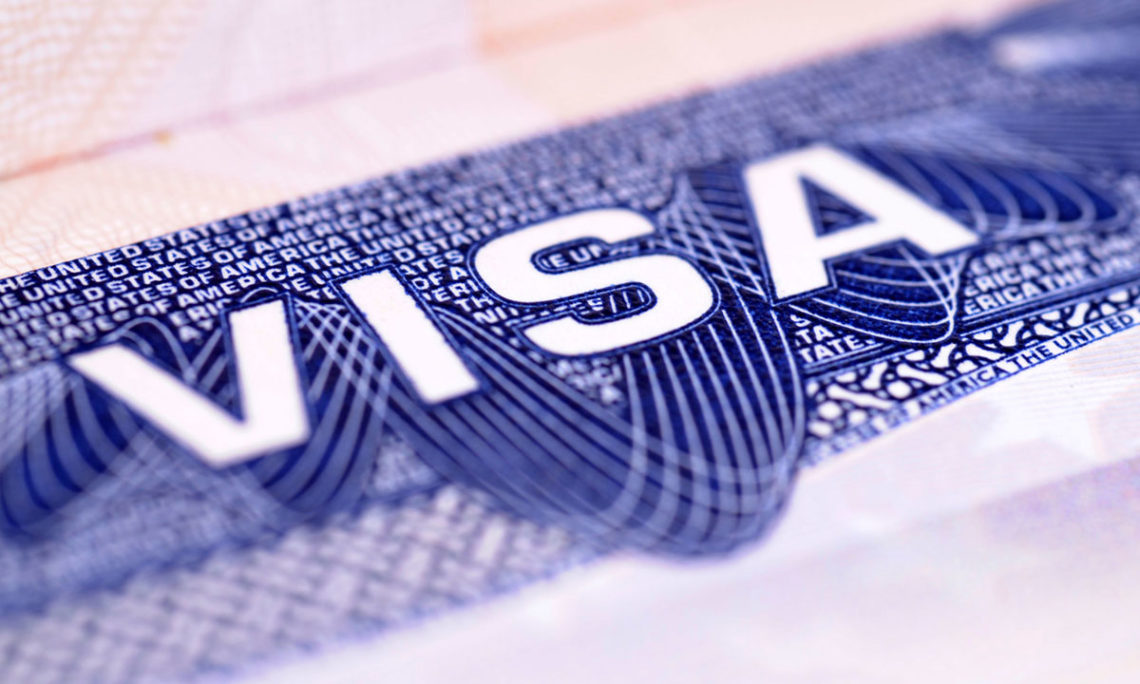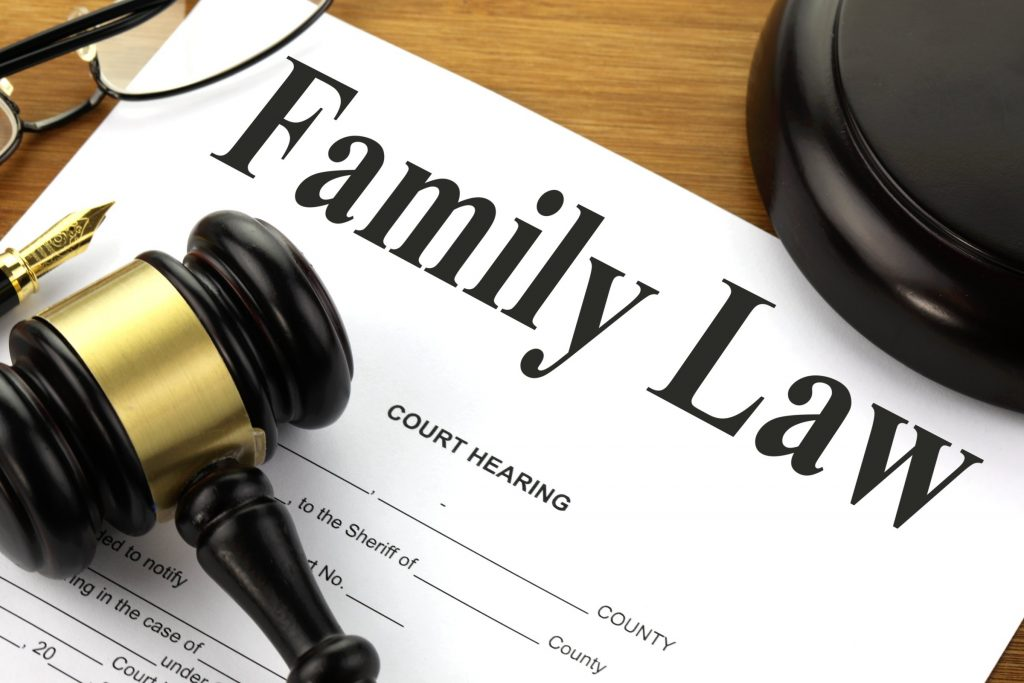Navigating the complexities of the J1 visa process can be challenging. A J1 Visa Attorney is essential in ensuring that all legal requirements are met efficiently. Their expertise helps avoid unnecessary delays and complications that could jeopardize your application.
We understand the importance of accurate and timely submissions in the visa application process. An experienced attorney provides personalized guidance, helping you meet specific criteria and presenting your case in the best possible light.
Trusting an expert can make a significant difference in your visa experience. Their role is crucial in translating intricate legal jargon into actionable steps, making the entire process smoother for you. learn more about J1 Visa Lawyer
Understanding the J-1 Visa
The J-1 Visa is crucial for those seeking to participate in various educational and cultural exchange programs in the United States. It is essential to understand the different aspects of this visa to navigate the process successfully.
Overview of the Exchange Visitor Program
The Exchange Visitor Program aims to promote mutual understanding between the people of the United States and other countries. It facilitates cultural and educational exchanges through various authorized programs.
Participants include interns, scholars, teachers, trainees, physicians, au pairs, camp counselors, and those in summer work travel. The U.S. Department of State oversees this program, ensuring that participants gain experience and share their culture while complying with regulations.
Categories of J-1 Exchange Participants
The J-1 Visa covers a wide range of categories:
- Interns: Students or recent graduates gaining practical experience.
- Scholars: Engaged in research, teaching, or observing.
- Trainees: Professionals receiving training in their field.
- Teachers: Working at K-12 schools.
- Physicians: Participating in medical training.
- Au Pairs: Living with a host family and providing child care.
- Camp Counselors: Working in summer camps.
- Summer Work Travel: University students working during their summer vacation.
These categories highlight the diverse opportunities available under the J-1 Visa.
The Role of Sponsors and the DS-2019 Form
Sponsors play a key role in the J-1 Visa process. They are responsible for the administration and management of exchange programs. Sponsors ensure compliance with program regulations and support participants throughout their stay.
The DS-2019 Form, also known as the Certificate of Eligibility for Exchange Visitor Status, is issued by the program sponsor. This form is crucial for obtaining the J-1 Visa. It provides detailed information about the participant’s program, including start and end dates, and funding sources.
By understanding these elements, we can better navigate the process of obtaining and maintaining a J-1 Visa.
Legal Framework and Compliance
Navigating the complexities of the J-1 Visa Program requires careful attention to immigration law, particularly regarding the two-year home residency requirement and the process for obtaining waivers and adjustments. Ensuring compliance is crucial for maintaining legal status in the U.S.
Managing Visa Requirements and Restrictions
The J-1 Visa Program includes strict requirements and restrictions, especially the two-year home residency requirement. This mandates that J-1 visa holders and their dependents must return to their home country for at least two years after their exchange visitor program ends. Failing to abide by this requirement can impact future visa or immigration status.
There are also specific conditions under which J-1 visa holders can work, study, or even travel. Our immigration attorneys can provide guidance on navigating these complexities to ensure compliance with U.S. immigration law. Understanding these rules and how they apply to individual circumstances is crucial for maintaining lawful status.
Pathways to Waivers and Adjustments
For J-1 visa holders seeking to remain in the U.S. without fulfilling the two-year home residency requirement, obtaining a waiver is essential. The most common waivers include the no objection statement from the home country, the exceptional hardship waiver, and the interested government agency (IGA) waiver. Each type of waiver has specific criteria and application processes.
An immigration attorney can assist in preparing and submitting the appropriate documentation to the Waiver Review Division. This is a critical aspect of ensuring that the waiver application is complete and compelling. Our expertise in these matters can significantly increase the chances of a successful outcome.
Legal Assistance for J-1 Visa Challenges
J-1 visa holders often face challenges related to compliance and adjustment of status. Issues may arise with maintaining status, renewing visas, or converting from a nonimmigrant visa to an immigrant visa. Each situation requires detailed legal strategy and understanding of the involved processes.
Our team of immigration lawyers and attorneys offers consultation and representation to resolve these challenges. Whether it’s dealing with the two-year home-country physical presence requirement or seeking to change status to an H-1B or L visa, we provide tailored support to navigate the complex world of U.S. immigration law.











